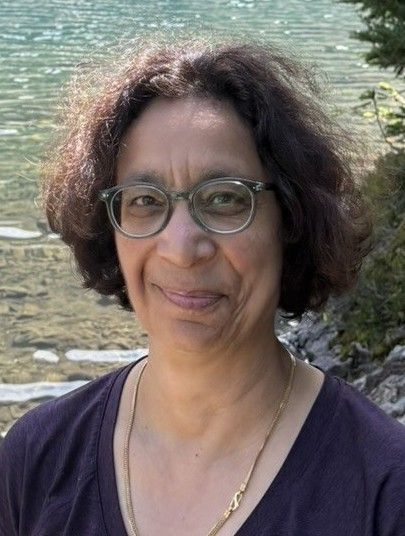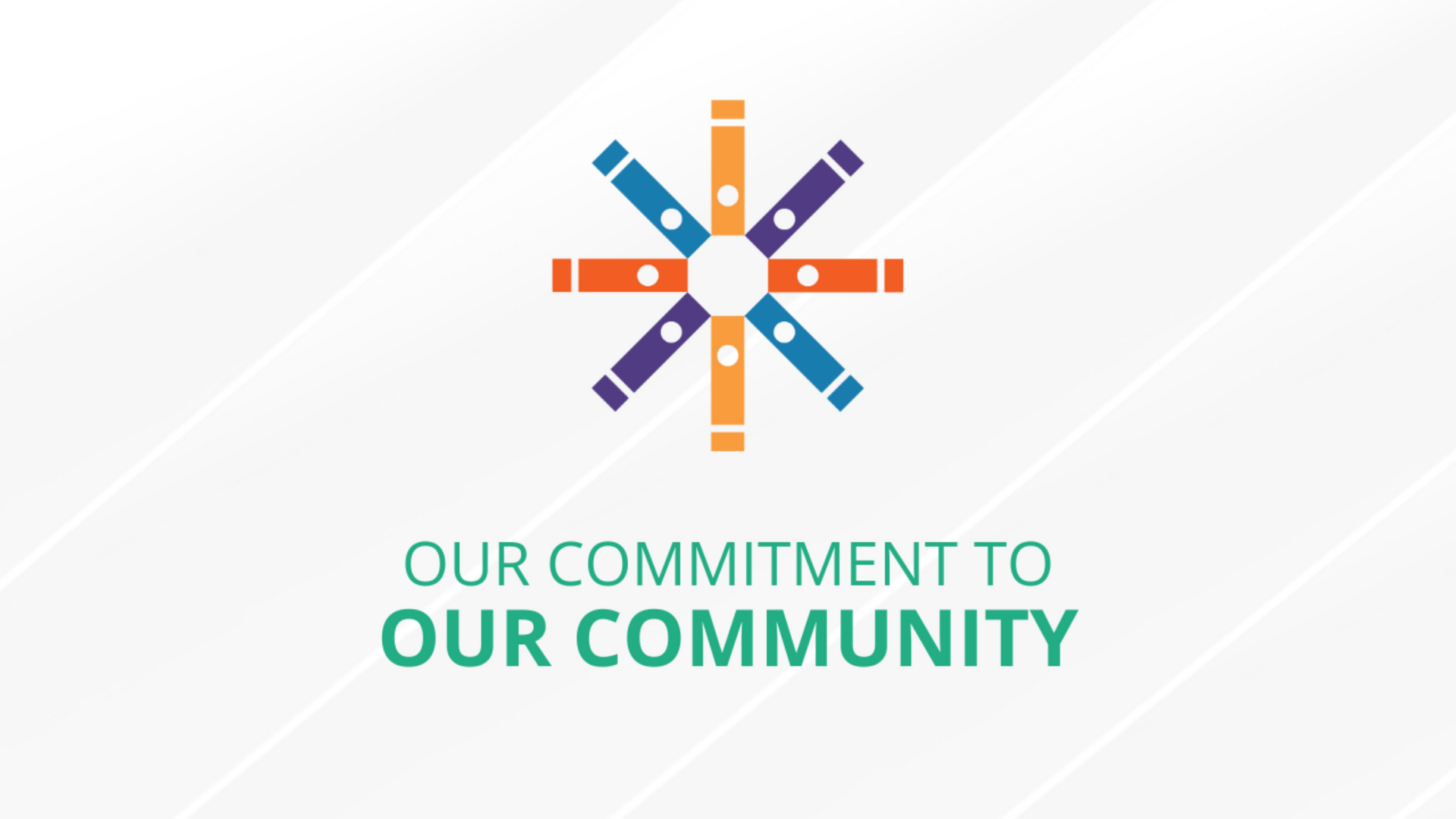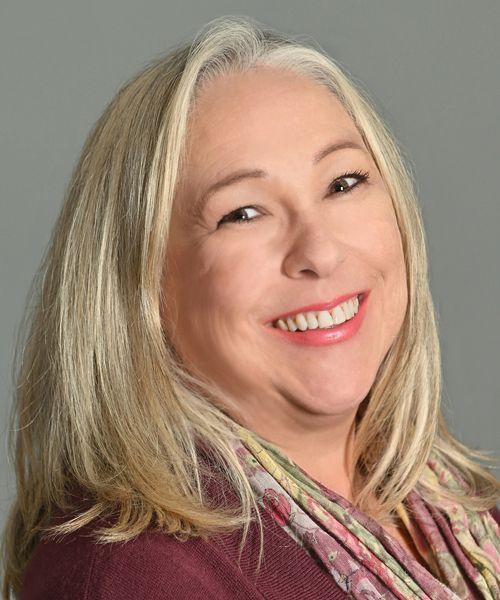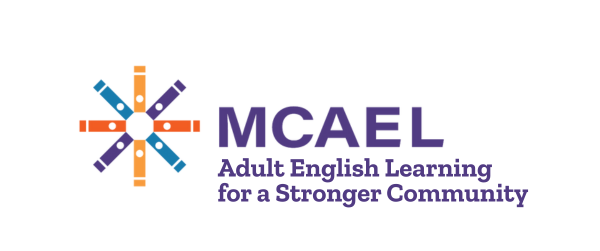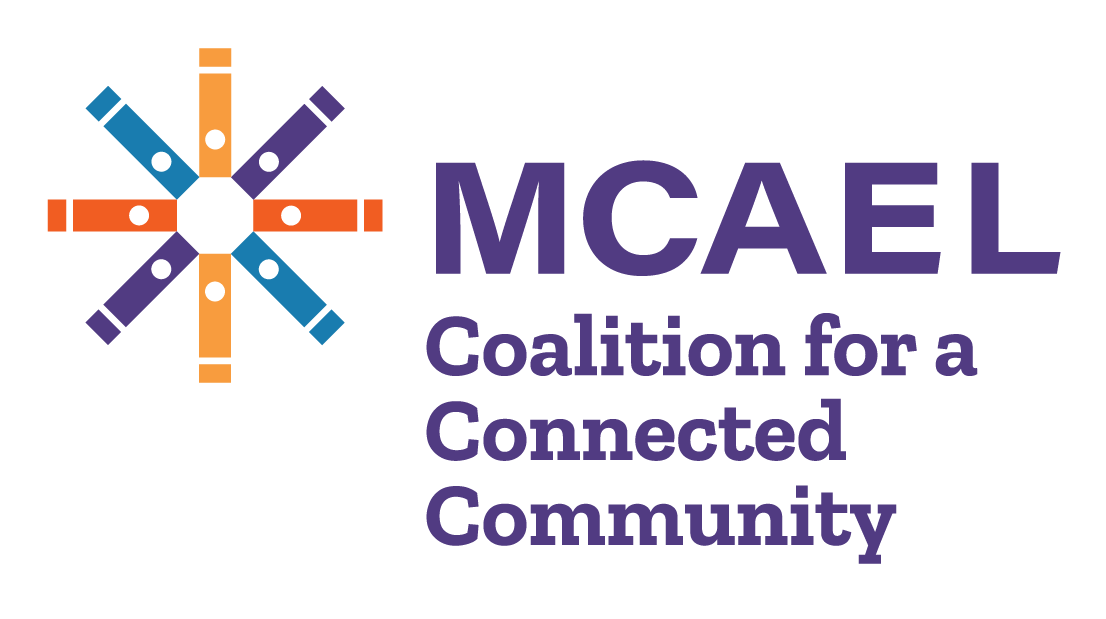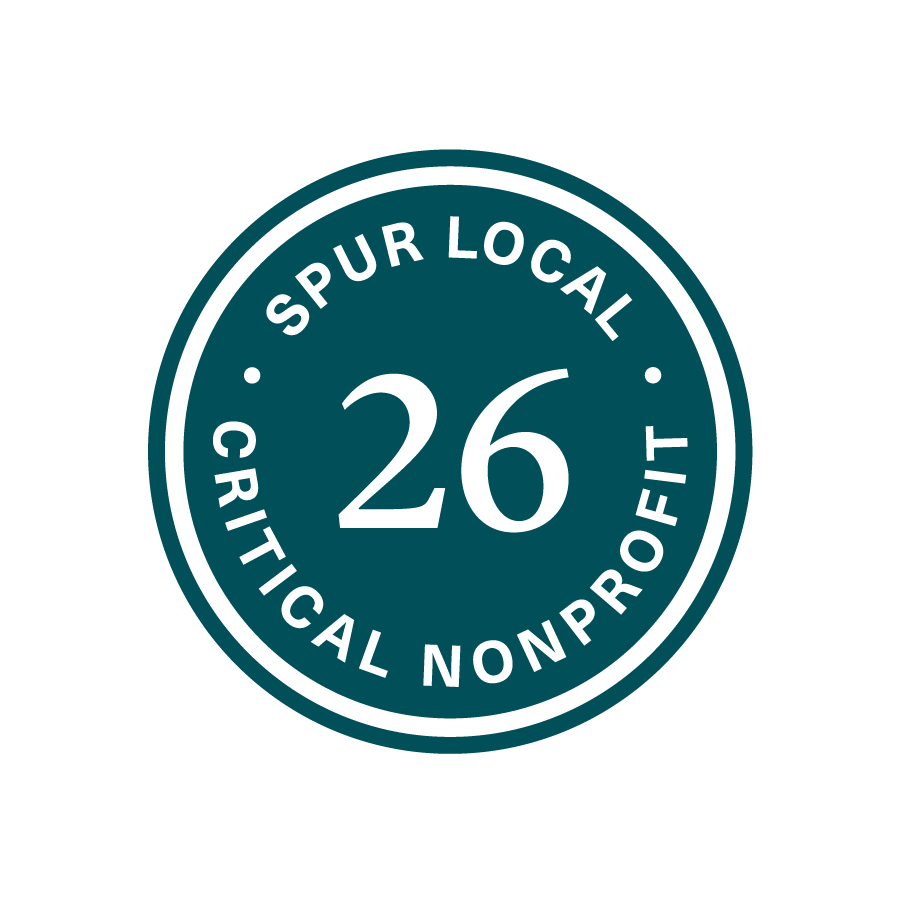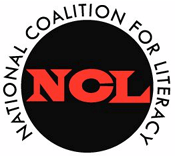Meet Aryani - People of MCAEL
The People at the Heart of MOCO’s English Language Learning - Meet Aryani Ong
It’s MCAEL’s 15 year anniversary, and we’re celebrating with a “People of MCAEL” series featuring first person insights and photos from some of the wonderful people involved in English language learning in Montgomery County, MD. You’ll find stories here and on Facebook , Instagram , LinkedIn , and Twitter ; please share and use our hashtag #MCAEL15. We know this coalition thrives because of committed people like you; thank you!
Today we’re introducing our second profile: Aryani Ong !

“My husband and I moved here in 1995 from the Bay Area. It was my turn to go to law school and I wanted to be near the emblems of democracy, near government and politics. I became a civil rights attorney and worked in national advocacy spaces, so I understood ESOL (English for Speakers of Other Languages) from a policy perspective.
I also very early on in my own life had a connection to English language learning. My parents had emigrated from Indonesia, and I was going to school in southern California. Between my mother’s serviceable English—she mixed some Indonesian words in with English—and my truncated answers to a vague essay question, I was put in an ESOL class. Even at the age of 6, I felt that it was remedial, and I know many second-generation immigrants who have had a similar experience. It’s something for teachers to keep in mind as they evaluate and look at placements, though I’m sure it’s much different now.
Montgomery County is a special place; it’s home to people who are committed to diversity and inclusion, who work hard to make this a welcoming place for all residents, regardless of immigration status. This county forges public-private partnerships to improve the lives of everyone. As a board member in the early days of MCAEL, I was impressed with the mission and vision to support people to be their full selves, to help them reach their dreams.
I find community in civic life, with vibrant people from all walks of life, people from around the world. One of my volunteer roles is with a group called CUAH ( Communities United Against Hate ). I’m a founding member and I’ve also served as a grants review panelist for a CUAH youth program called Youth Creating Change, where we hear students pitch diversity and inclusion projects for grant funding. I was at one of these panels right after the Tree of Life synagogue shooting in Pittsburg. Hearing those students and their vision for a brighter future brought me from the depths of despair to hope.
My daughter went to a Quaker school and I like how they talk about people holding the light inside them. When my husband and I married, we both lit a unity candle. If you transpose that into community, it’s about everyone bringing their inner lights into a communal large candle. It’s the coming together that salves our wounds whenever acts of hate or bigotry threaten to tear our community.”
Learn more about MCAEL here and subscribe to our newsletter to stay up to date on the latest MCAEL news and stories like Aryani's.
